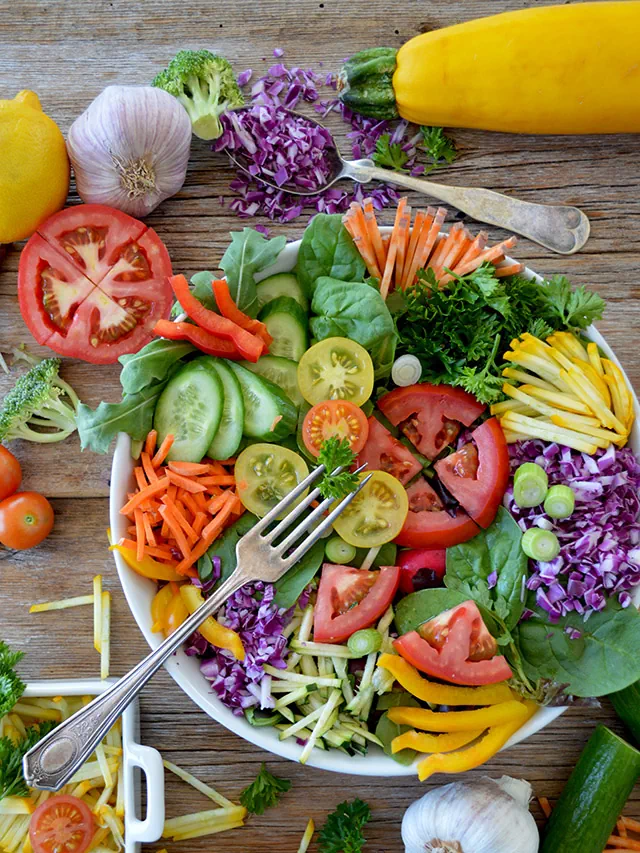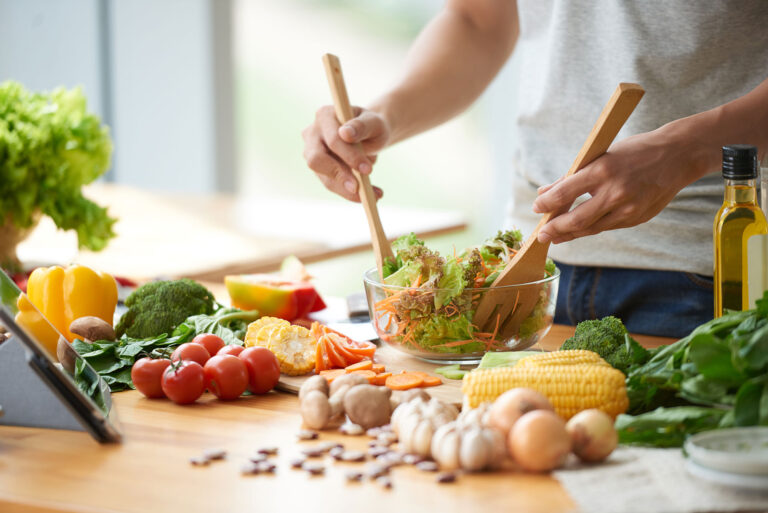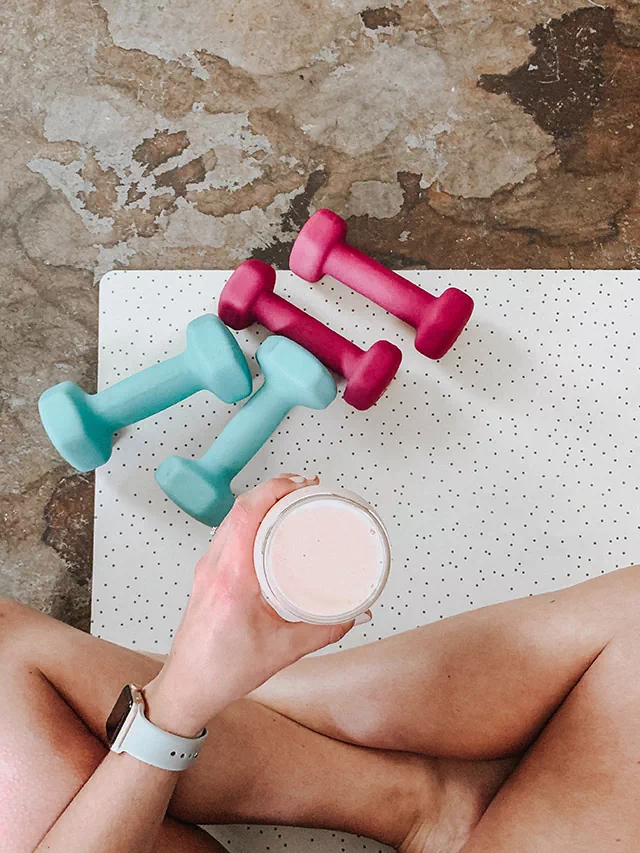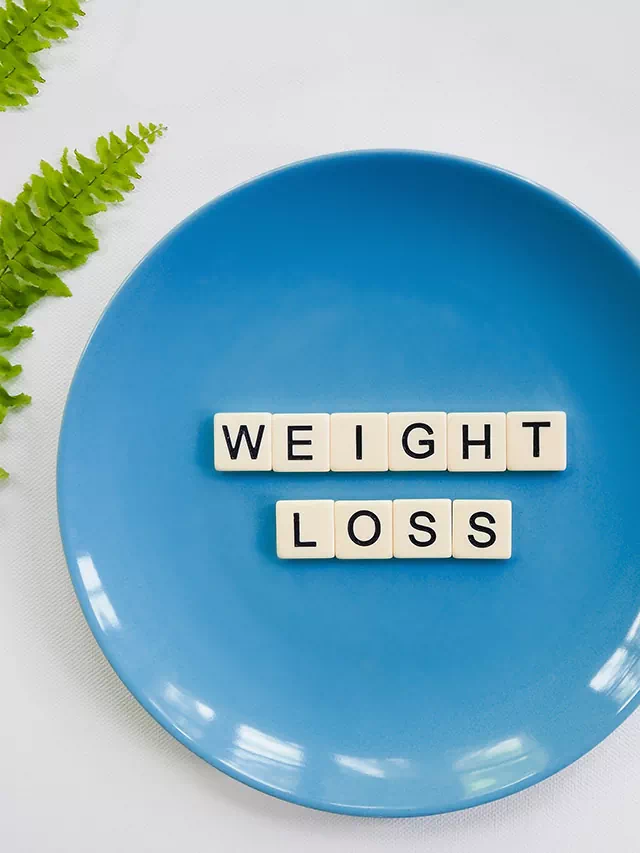Weight loss can be a challenging and complex process, but making small changes to your diet can make a big difference. Incorporating the right types of foods into your diet can help to boost your weight loss efforts and keep you feeling full and satisfied. From fruits and vegetables to lean protein and healthy fats, there are many delicious and nutritious options to choose from. In this article, we’ll take a closer look at some of the best foods to eat when you’re trying to lose weight, and how they can help you achieve your goals. Whether you’re looking to shed a few pounds or make a major change, these foods can be a great starting point for your weight loss journey.
There is no single food or nutrient that will cause weight loss on its own. However, certain foods can be helpful for weight loss when they are included as part of a balanced and healthy diet.Here are some general guidelines for foods that can help with weight loss:
Fruits and vegetables
These foods are high in fiber, vitamins, and minerals, and low in calories. They can help you feel full and satisfied, which can prevent overeating.

Whole grains
Whole grains such as oats, quinoa, and brown rice are high in fiber and can help with weight loss by keeping you feeling full and satisfied.
Lean protein
Foods such as chicken, fish, tofu, and legumes provide protein without a lot of excess calories. Protein can help to build and repair muscle tissue, which can help to boost metabolism.
Healthy fats
Foods such as nuts, seeds, avocado, and olive oil can help with weight loss by keeping you feeling full and satisfied.
Low-fat dairy
Dairy products such as milk, yogurt, and cheese provide calcium and other nutrients, but they can also be high in calories. Opting for low-fat or fat-free options can help to reduce calorie intake.
Water
Drinking water before meal can help with weight loss by making you feel full and reduce the amount of food consumption.

It’s important to note that weight loss is a complex process, and the key to success is a balanced diet, regular physical activity and calorie deficit. Crash diets or excessive restriction of certain foods is not a healthy approach, it’s better to consult with a dietician or a physician for a personalized plan.
Conclusion
While weight loss is a complex process and there’s no magic food to achieve this goal. Incorporating certain types of foods into your diet can help to support your weight loss efforts by keeping you feeling full, satisfied and nourished. Eating a balanced diet with a variety of nutrient-dense foods, lean protein, healthy fats, whole grains and low-fat dairy, along with regular physical activity, and calorie deficit will lead to sustainable weight loss. Remember that weight loss is not a one-size-fits-all journey and it’s important to consult a healthcare professional or a dietitian for personalized advice. With the right mindset, and healthy lifestyle choices, you can achieve your weight loss goals and improve your overall health and well-being.




